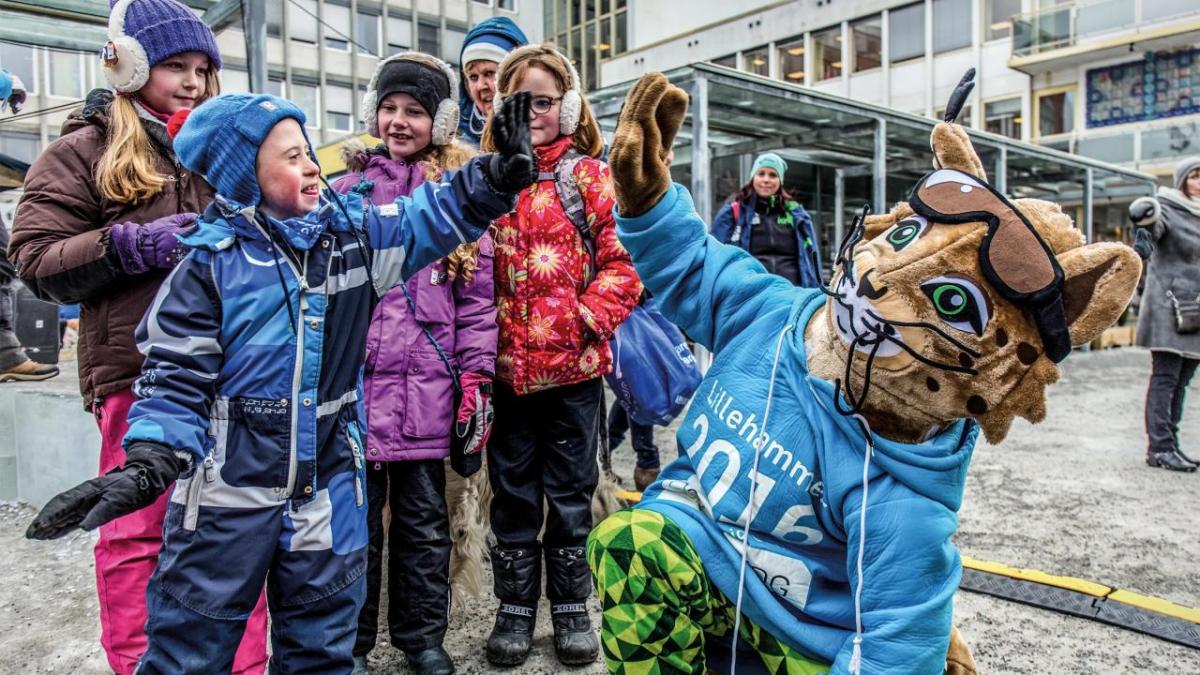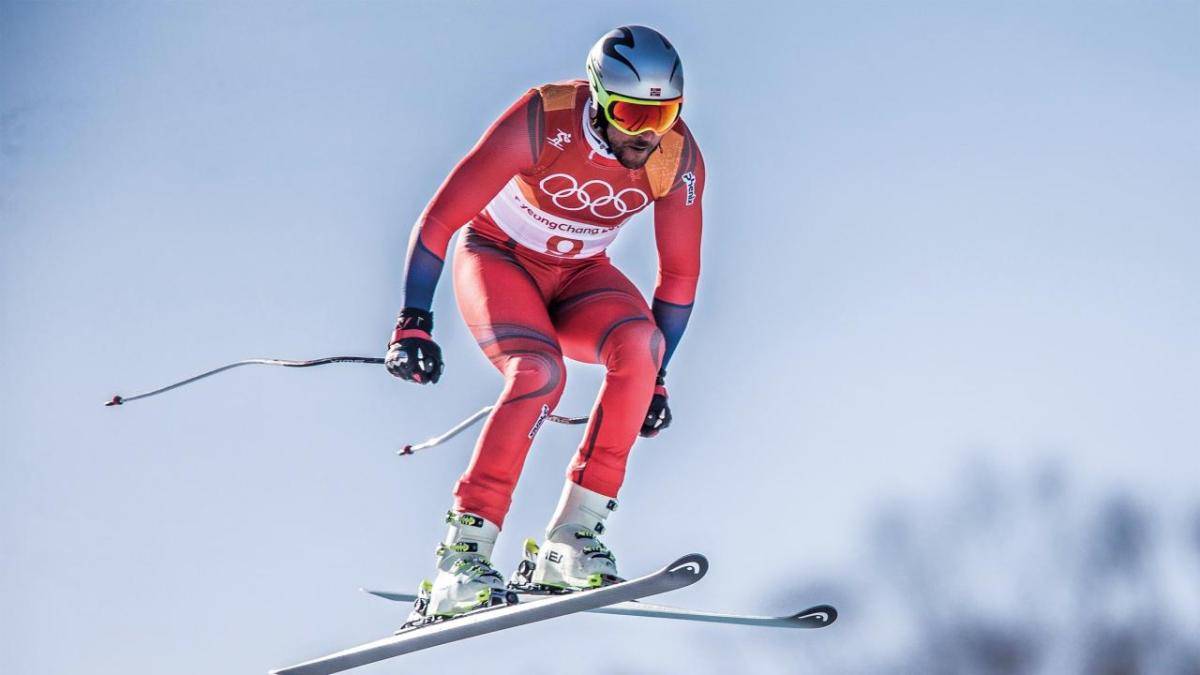The Olympic Games Can Inspire a New Generation
By Aksel Lund Svindal
Published 01-23-24
Submitted by International Olympic Committee

International Olympic Committee news
We must make sport available to all children, regardless of their personal situations and backgrounds, and the Olympic Games are the perfect way to inspire them, says two-time Olympic champion Aksel Lund Svindal.
The Olympic Games are the greatest stage in sport. For everyone involved and for everyone interested in sport, excitement and entertainment. Everyone comes together from different sports and cultures.
As an athlete, there is this crazy mix of the Games being the most important competition of your career, but on the other side you are getting a bigger perspective and feeling a part of something greater. Sport is beautiful, showcases some great values and is extremely inclusive. Nothing has the potential of the Olympic Games when it comes to showing this to a united world.
I was born and raised in the Oslo region of Norway and skied with my family as a child, then more and more with local ski clubs. When I was 15, I moved five hours north of Oslo to start school at a ski resort called Oppdal. They had a special programme for ski racing. I made my way through the different levels and started racing in World Cups regularly at the age of 19. I’m proud to say that I lived my dream, racing at the highest level for 17 years.
It’s the memories that really put a smile on my face – small and big moments from competition, training, travels and friendships. It’s hard to single out specific events – to me it is the sum of what I achieved, but just as much who I did it with and how we did it.
I still get goosebumps looking at the images from the Olympic Winter Games Lillehammer 1994. I think I was a bit young to get inspired in a “I’m going to win a gold medal” kind of way, but it made me proud to be a skier and to be Norwegian. I don’t think Norwegians have ever felt so united and proud, but at the same time never as inclusive and welcoming to guests who came from around the world to join the Olympics. What is unique about the Games is that they have the capability of reaching everyone. Having a whole nation’s attention is unique, especially when it’s something positive and inspiring.

The Winter Youth Olympic Games (YOG) Lillehammer 2016 were also a great event for the sports community in Norway and in general for the Lillehammer region, and I would love to see Norway host the Winter Olympics again in the future.
Our country has a strong culture for winter sports, and I would like to give a lot of credit to the local clubs. They do a great job of making sports available to kids and very inclusive for everyone, and at the same time manage to stimulate the kids who are more ambitious. When you combine that with a culture in elite sports, like the one we have built in the Alpine skiing team, then you’ve got a winning combination. At 36 I retired. Today I work on some projects in ski resorts and I’ve started a skiing programme for kids in the Oslo region, where the goal is that every 10-year-old gets six days of skiing for free through a programme that’s connected with the schools.
Sadly there has been a lot of negativity around the Olympic Games lately. I’m not going to say if that’s right or wrong, but I will say that it’s sad and it threatens the possibility and position that the Olympic Games have to show the way and inspire millions of people in a united world.
Winter sports face the same challenges that affect everyone living on this planet – climate and exclusion. The first one is maybe obvious as rising temperatures mean less snow; we are all aware. But I also see a trend where the world is getting more divided – between countries but also in the local municipalities.
Sport is still inclusive but we need to make sure we keep it that way and make sport available to kids, regardless of their family situation, skill level, cultural background and the income level of their parents.
And the Olympic Games should work as an inspiration for all these kids. Maybe because they want to take part one day and be an Olympian, or simply because they’re proud of the country they live in or to be a representative for the world of sport. The more noise and politics that come with the Olympic Games, the further they become removed from something with which kids feel a true connection.
Aksel Lund Svindal competed in four editions of the Olympic Winter Games, making his debut at Turin 2006. He won four medals in all, including the men’s super-G gold at Vancouver 2010. In his fi nal Games at PyeongChang 2018, Svindal became the oldest Olympic gold medallist in Alpine skiing with victory in the men’s downhill at the age of 35.

International Olympic Committee
International Olympic Committee
The International Olympic Committee (IOC) is a not-for-profit independent international organisation that is committed to building a better world through sport. It redistributes more than 90 per cent of its income to the wider sporting movement, which means that every day the equivalent of USD 3.4 million goes to help athletes and sports organisations at all levels around the world.
As the leader of the Olympic Movement, the IOC acts as a catalyst for collaboration between all parties of the Olympic family, from the National Olympic Committees (NOCs), the International Sports Federations (IFs), the athletes and the Organising Committees for the Olympic Games (OCOGs) to the Worldwide Olympic Partners, broadcast partners and United Nations (UN) agencies, and shepherds success through a wide range of programmes and projects. On this basis, it ensures the regular celebration of the Olympic Games, supports all affiliated member organisations of the Olympic Movement and strongly encourages, by appropriate means, the promotion of the Olympic values.
More from International Olympic Committee

